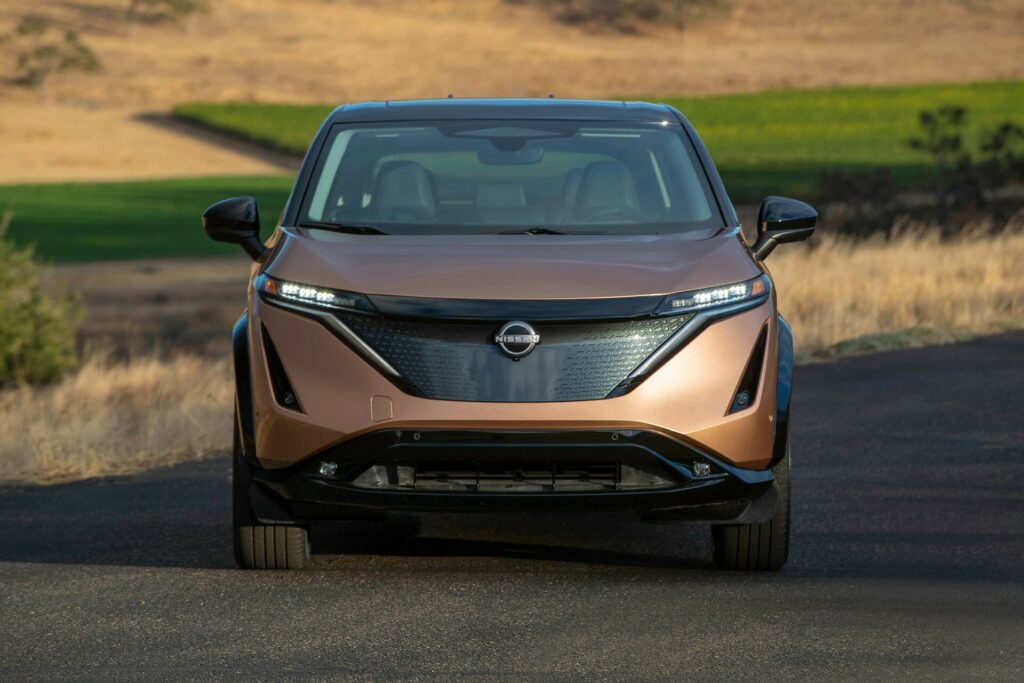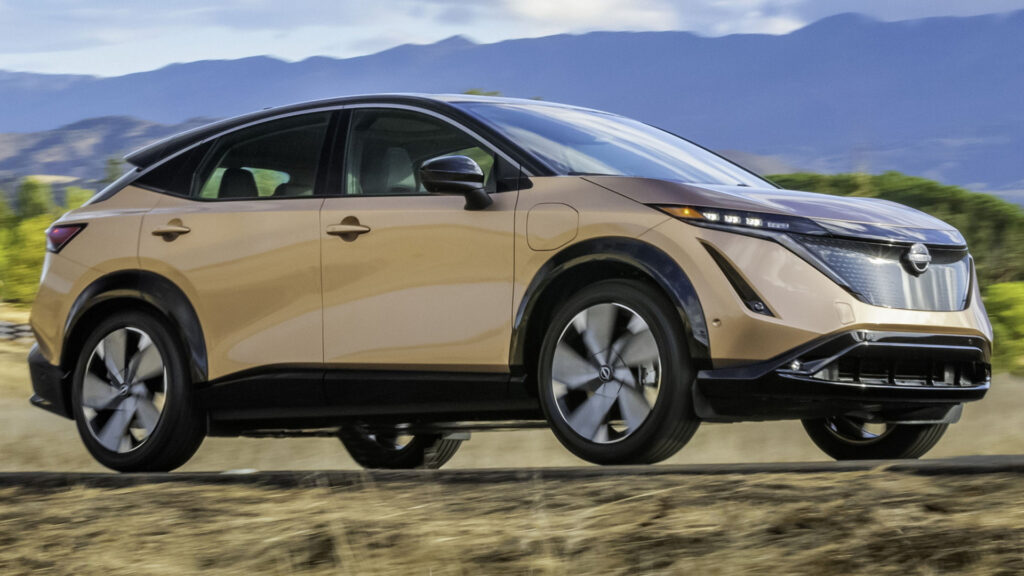- The carmaker is also looking to slash manufacturing costs with gigacasting.
- Its battery plant will eventually produce 100-megawatt hours worth of solid-state batteries per month.
- These new batteries could be used in several vehicles, including pickup trucks.
Nissan plans to launch EVs with advanced solid-state batteries by fiscal year 2028 and will also aim to slash the development and production costs of future models by adopting gigacasting.
The company has constructed a pilot production line for solid-state batteries at its Yokohama Plant in Kanagawa Prefecture to test and develop its new batteries. Nissan plans to construct its first solid-state batteries at the facility in March 2025 before stepping up production to 100-megawatt hours per month. The site will employ 100 workers per shift.
Read: Nissan’s “The Arc” Business Plan Includes Indian, Middle East, Aussie SUVs And Pickup
Solid-state batteries are considered by many to be critically important in the introduction and success of next-generation EVs. Nissan says they have the potential for energy density twice that of traditional lithium-ion batteries while also providing significantly shorter charging times, all at a lower cost. The automaker intends on using solid-state batteries in several vehicles, including pickup trucks.
“Nissan is conducting wide ranging research and development, from molecular-level battery material research to electric vehicle development, and even city development using EVs as storage batteries,” the company said in a press release.
Nissan’s solid-state battery factory
It’s not just solid-state batteries that Nissan is working on. Before it starts mass-producing these new batteries, Nissan will use large-scale casting machines to produce the rear floors for its EVs. It believes this process will lower manufacturing costs by 10% and slash the weight of components by 20%. The rear structure of these vehicles will be made from lightweight aluminum, Nissan’s executive vice president for manufacturing and supply chain management Hideyuki Sakamoto said.
Nissan believes that its use of solid-state batteries and gigacasting will allow it to reduce the cost of its next-generation EVs by 30%, making them comparable in price to traditional combustion-powered models.













